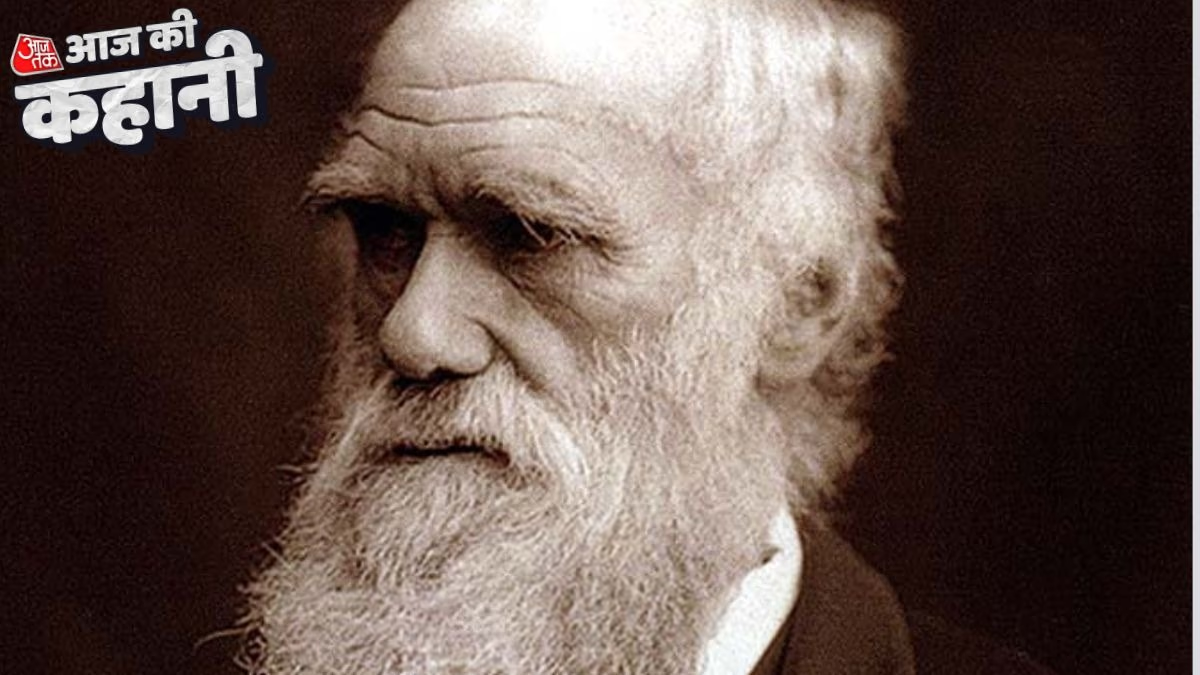Charles Darwin published the book On the Origin of Species on November 24, 1859. In this work, Darwin shared his groundbreaking ideas on evolution and natural selection, establishing a keystone in biological science and laying the foundation for studies in evolutionary biology.
Following the release of 'On the Origin of Species by Means of Natural Selection,' Darwin, despite skepticism, proceeded to publish his revolutionary theory. This work became one of the most pivotal books ever written.
Writing the Book: A Torturous Task
Darwin likened the process of writing the book to living in torment, fearing the loss of his reputation as his grandfather Erasmus Darwin did. He faced sharp criticism from certain parts of the Press and Church. Many were unsettled by the book's suggestion that humans descended from apes, although Darwin only hinted at this.
Darwin's Argument
Darwin's theory argued that living beings gradually evolve through a process he termed 'natural selection.' In natural selection, organisms with genetic variations conducive to their environment produce more offspring than those lacking these variations.
The concept of biological evolution wasn't entirely new. Darwin's grandfather Erasmus Darwin, a distinguished English scientist, and Lamarck, who illustrated the inception of evolutionary diagrams in the early 19th century, including the progression from single-celled organisms to humans, previously suggested it.
Darwin's Birth and Legacy
Born on February 12, 1809, Charles Robert Darwin hailed from Shrewsbury, Shropshire, raised in a Christian household open to new ideas. By the time of Darwin's death in 1882, his evolutionary theories had gained widespread acceptance. Honoring his scientific contributions, Darwin was buried in Westminster Abbey alongside British monarchs, queens, and other notable figures.




